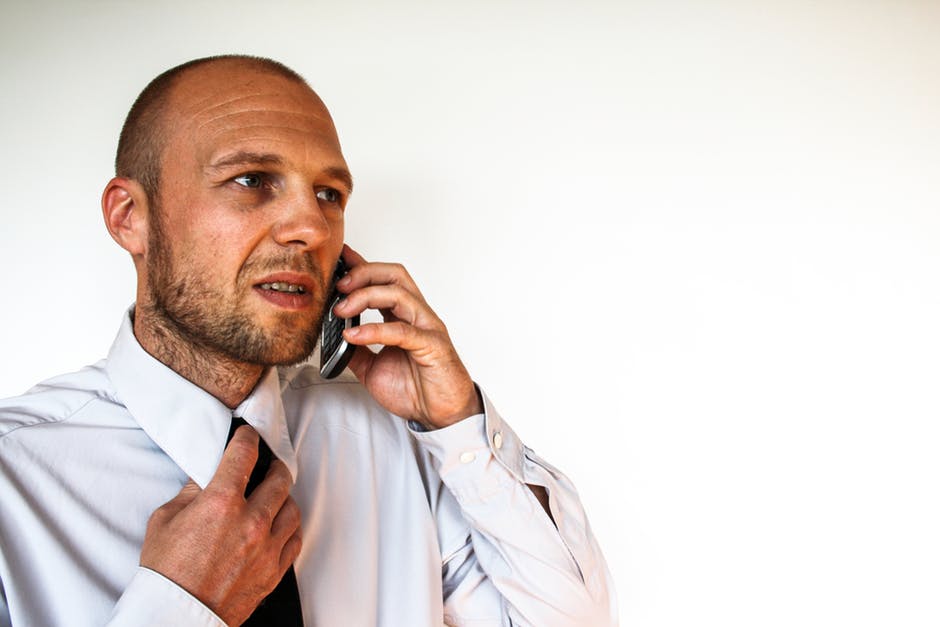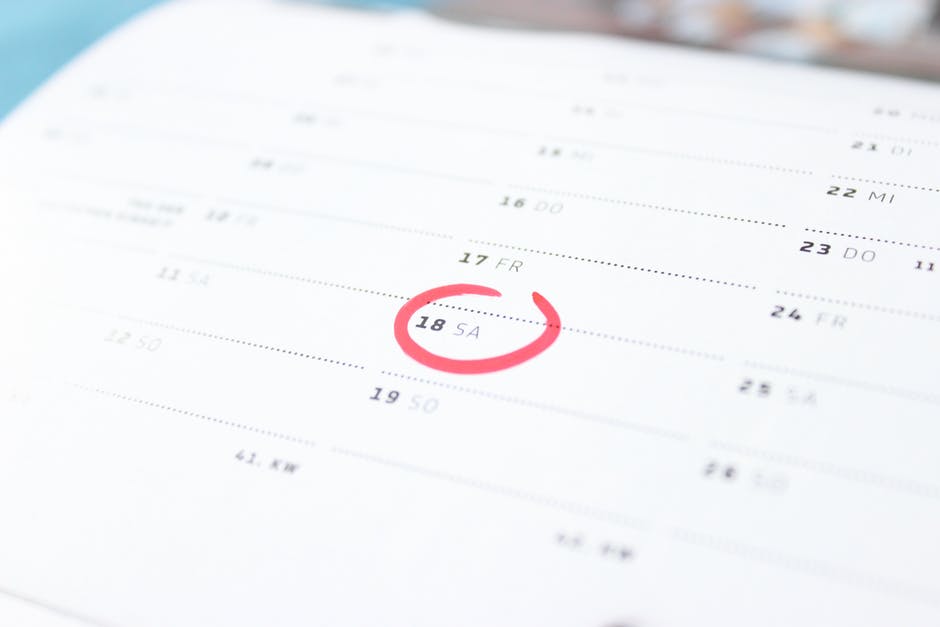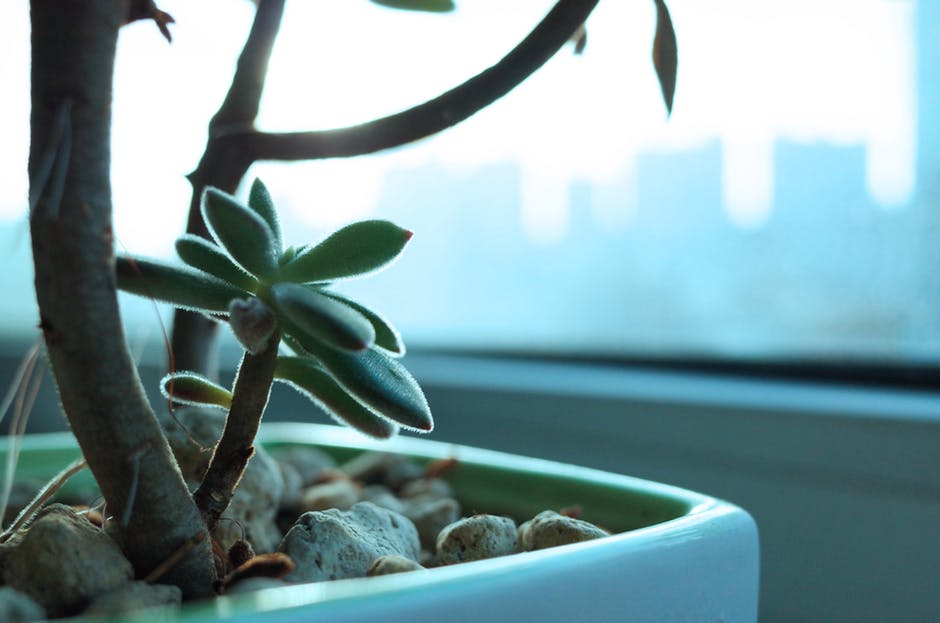10 Signs to Tell if You’re Falling in Love

So, you’ve been together with your romantic partner for a while now, but how do you know whether or not you’re falling in love? In the initial stage of dating, it might be hard to pinpoint what your heart is telling you when you have a surge of mixed intense feelings all at once. You’re unsure of whether or not it’s merely physical attraction, infatuation, or the real deal. Moreover, you’re wondering what your partner thinks of you and if they’ve given any thought towards developing your relationship even further. How do you fully decipher your emotions? Psych2Go shares with you 10 signs to tell if you’re falling in love:

1. You find yourself trying new things.
When people fall in love, they often step out of their comfort zone and engage in activities or interests their partner favors. You find yourself curious to learn more about them, so you begin to participate in their hobbies or eat their favorite foods. This, in turn, also helps you remember important details about them.

2. You’ve been stressed lately.
Research shows that when people fall in love, they experience higher levels of the stress hormone cortisol. Perhaps you are thinking about how to impress them and it causes you to feel a little anxious. You start to care more about how you present yourself or what to say when they ask you a personal question.
It’s normal to feel a mixture of nervousness and excitement when you’re around your partner, but feeling a degree of safety and trust is also essential. Make sure you’re not anxious over the wrong reasons, such as worrying about when your partner will text you back or whether or not they’re cheating on you. If you find that you’re anxious over matters like these, then it’s not an indicator of falling in love, but rather insecure attachment.

3. You feel motivated when you’re with your partner.
Research shows that in the initial stage of falling in love, the part of your brain that releases dopamine becomes more active. This region is considered the reward system. When you find that being with your partner is a rewarding and fulfilling experience, you want to feed that instant gratification again and again by spending more time with them. Your life also feels significantly better. You might have found it difficult in the past to wake up early in the morning, but ever since your partner entered your life, they have given you a reason to get up before the alarm even goes off.

4. Your partner returns the same feelings as you.
You know that you like your partner, and your partner likes you back. Although liking isn’t as strong or equivalent to love, people have to like each other first as a prerequisite before falling in love. When you and your partner like each other, it encourages the both of you to form a deeper bond. People fall in love only when they discover the true layers to their partner’s personality. Forming a better understanding towards one another and discovering that those connections bring the two of you closer is an essential ingredient to love.

5. You miss your partner when they’re not around.
The more you miss your partner, the more committed you are to them. If your partner is constantly on your mind even when they’re not around, then this is a good indicator that you’re falling in love with them. When two people miss each other when they’re apart, it reflects how interdependent their lives have become.

6. You fall in love frequently and this feels familiar.
If you fall in love often, then you’re less likely to miss out on finding the real deal. If the feelings you’re developing for your partner feel similar to what you’ve experienced when you fell in love in past relationships, then chances are, that is exactly what is happening right now, too. Don’t overthink or try to understand your feelings too much. Instead, embrace and listen to them. You’re more likely to figure out what your heart is telling you that way.

7. You’re investing more time to be with your partner.
People who fall in love tend to invest more time and energy making their partner an active part in their life. It helps stabilize the interdependence they are establishing that pulls them closer towards commitment. This is a sure indicator to look out for if you consider yourself a busy person with a relatively packed schedule. But, if you find yourself creating space to be with your partner more, then there’s a good chance that you have serious feelings for them.

8. You celebrate your partner’s accomplishments, even as you’re struggling.
When you really love someone, their success and happiness is important to you. You see the potential in them and want to support them every step of the way, no matter how challenging the journey can be. You never let them fall behind, because you believe in them. When they finally achieve their goals, you couldn’t be more proud of them, even if you’re struggling and failing to make your own dreams a reality. There’s no jealousy or competitive urge to top them, because their happiness has become a priority to you.

9. You find yourself growing ever since you got to know your partner.
You feel like a different person now —someone who is better and more confident to take on the world than who you were before. When people fall in love, their whole sense of self transforms. They may break out of bad habits and replace them with healthy ones or take on new traits they didn’t originally possess. When you fall in love, your partner has a great influence on you. You find yourself changing, because you’re receptive to the ways in which they encourage you.

10. You’re tempted to say, “I love you.”
If you find yourself wanting to say these words to your partner, then chances are, that’s how you feel about them. Some people might be reckless and quick to say this phrase without actually meaning it. But if this is something that has been on your mind for a while now, and you’ve been trying to find the right time to say it, then you’ve probably already fallen in love.
The reason you might be stalling, however, is because you’re unsure of how your partner will react. Despite your hesitancy, be brave and take the chance to confess how you feel. There’s always going to be a degree of risk when love is involved, but ultimately, you’ll be glad you did it.
When did you start to realize you were falling in love? Psych2Go would love to hear your thoughts! Leave a comment down below!
References:
DiDonato, T. (2014, June 24). How Do You Know If You’re in Love? Psychology Today. Retrieved October 12, 2017.
DiDonato, T. (2015, July 16). How Do You Really Know If You’re Falling in Love? Psychology Today. Retrieved October 12, 2017.



This is a really uplifting article to read. There were a couple of issues regarding point development and some contradictions, but I have outlined everything here:
– In point 1, there was a small grammatical error as there should be a ‘that’ in between ‘interests’ and ‘there’ within the sentence starting with ‘they often step out of their comfort zone’. This point in general did not feel as well-developed nor as in-depth as some of the others were. It just seemed a little rushed compared to the points following it.
-Point 6 is a little contradictory as it takes into assumes that the reader would already know what previous love has felt like. And if this is the case and they can identify love, then this contradicts the intention of the article in helping people understand whether or not they are in love.
-Lastly, in point 7, the word ‘into’ should be included between ‘energy’ and ‘making’.
The issue with point 6 is a little tricky to figure out, but it is also important to take into account those who have not experienced love before and therefore don’t have any previous experience off which to base their feelings. Regardless, good job on the article!
[…] 10 Signs to Tell if You’re Falling in Love […]
Hi There
Thanks for letting me vent! I will keep rereading this post. And the comments really help too! It helps to know you’re not the only one going through this.
Hi Catherine Huang
You cannot spend even a few minutes or a few hours to thinking about her.